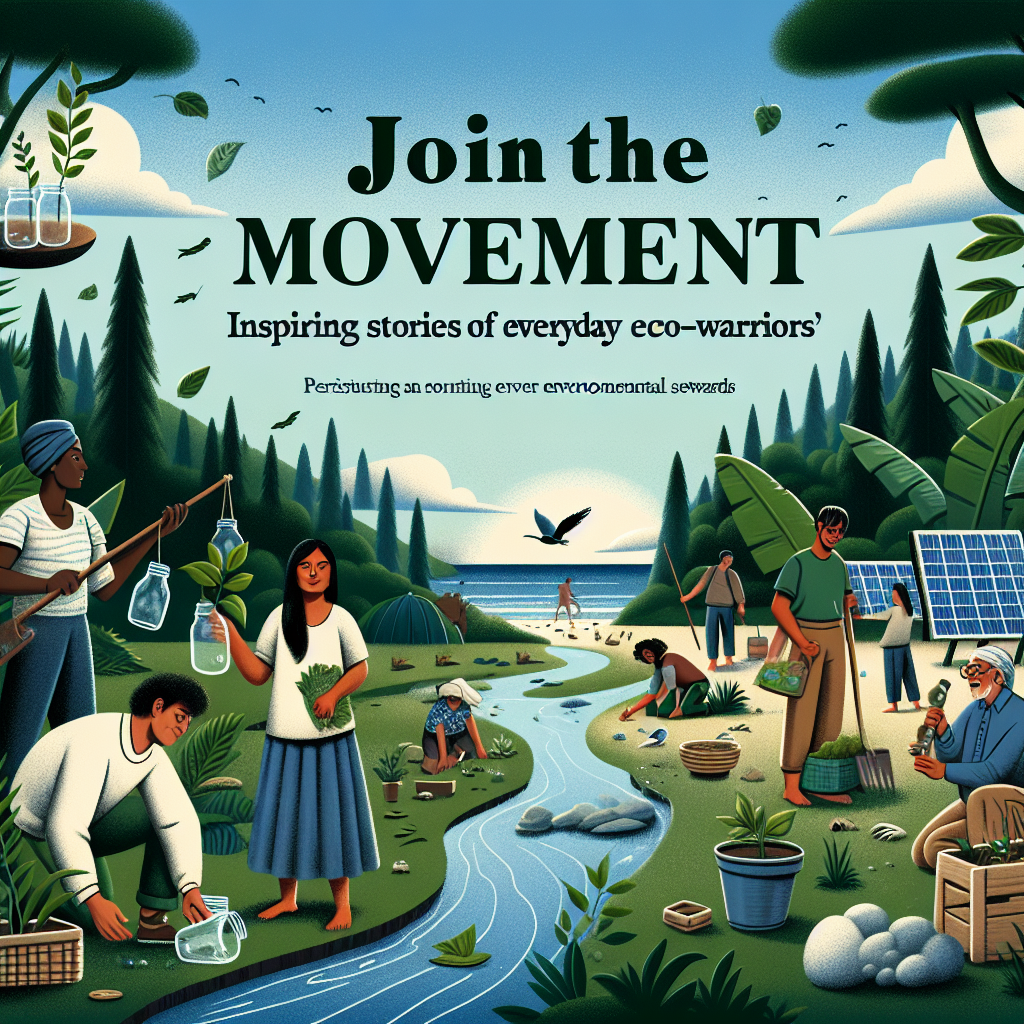Why Eco-Friendly Packaging Matters More Than Ever
Eco-friendly packaging has become more critical than ever in the contemporary landscape of environmental consciousness and sustainability efforts. As the impact of climate change becomes more pronounced, consumers and businesses are increasingly shifting their focus towards more sustainable practices. The significance of adopting eco-friendly packaging is not just a trend but a crucial component of a broader environmental strategy.
One driving force behind the increasing importance of eco-friendly packaging is the growing alarm over plastic waste. Traditional packaging materials, primarily plastics, contribute significantly to waste, with millions of tons ending up in landfills and oceans each year. This waste poses a significant threat to marine life and ecosystems, as well as contributing to the proliferation of microplastics which have permeated even the most remote corners of our planet. These microplastics enter food chains, affecting not only wildlife but also human health. As awareness of these issues grows, so does the demand for packaging solutions that minimize environmental impact.
Another key factor is the shift in consumer behavior. Today’s consumers are more informed and conscientious about the products they purchase and their origins. Eco-friendly packaging serves as a tangible signal to consumers that a brand is committed to sustainable practices. According to various studies, including those by Nielsen, a majority of consumers are willing to pay more for products that are environmentally friendly. This consumer preference is pushing companies to adopt sustainable packaging solutions to maintain market competitiveness.
The regulatory landscape is also evolving. Governments worldwide are implementing stringent regulations to curb plastic use and promote recycling. Policies such as the European Union’s Plastics Strategy aim to make all packaging reusable or recyclable by 2030. Such regulations compel companies to innovate and adopt sustainable packaging to comply with legal standards. Failure to do so can result in hefty fines and reputational damage. This regulatory push underscores the necessity for businesses to integrate eco-friendly packaging into their operational strategies.
Technological advancements are paving the way for more sustainable packaging solutions. Innovations in materials science have led to the development of biodegradable and compostable materials such as bioplastics, which can decompose under natural conditions, reducing their environmental footprint. Likewise, advancements in recycling technologies are enhancing the efficiency of material recovery, enabling closed-loop systems that minimize waste. These technologies not only reduce the reliance on non-renewable resources but also align with circular economy principles, which prioritize resource efficiency and waste reduction.
The financial benefits of eco-friendly packaging are becoming increasingly apparent. While the initial investment in sustainable materials and processes might be higher, the long-term savings and efficiencies can be substantial. Reduced material use, lower transportation costs due to lighter packaging, and increased sales driven by consumer preference for sustainable products can all contribute to a healthier bottom line. Additionally, companies that prioritize sustainability often find themselves better positioned to attract investors who are increasingly considering environmental, social, and governance (ESG) factors as part of their decision-making process.
Eco-friendly packaging also plays a crucial role in mitigating climate change. The production and disposal of traditional packaging materials are associated with significant greenhouse gas emissions. By transitioning to sustainable materials and integrating energy-efficient processes, companies can significantly reduce their carbon footprints. This reduction aligns with global efforts to limit temperature rises and comply with international agreements like the Paris Agreement, setting the stage for a more sustainable future.
The social implications of eco-friendly packaging should not be overlooked. Sustainable practices resonate well with stakeholders, including employees, customers, and communities. Businesses that adopt eco-friendly packaging demonstrate corporate social responsibility, building stronger relationships with stakeholders who value environmental stewardship. This commitment to sustainability can enhance brand loyalty and reputation, giving businesses a competitive edge in an increasingly conscious market.
Moreover, eco-friendly packaging can spur innovation and collaboration. The shift towards sustainability encourages collaboration across industries, with companies, researchers, and governments working together to develop new materials and processes. This collaborative spirit not only accelerates the pace of innovation but also fosters a culture of sustainability that can have far-reaching impacts beyond packaging alone.
The localization of production, supported by eco-friendly packaging, reduces the carbon footprint associated with transportation and logistics. By sourcing materials locally and minimizing transportation distances, companies can further decrease their environmental impact and support local economies. This localization presents an opportunity to integrate sustainability into broader supply chain strategies.
As society moves toward a more sustainable future, eco-friendly packaging represents a crucial step in reducing humanity’s ecological impact. From mitigating waste and decreasing pollution to aligning with consumer demand and regulatory requirements, the benefits of sustainable packaging are manifold. For businesses looking to thrive, embracing eco-friendly packaging is not simply an option—it’s an essential component of a sustainable business strategy that ensures long-term success and environmental responsibility.



